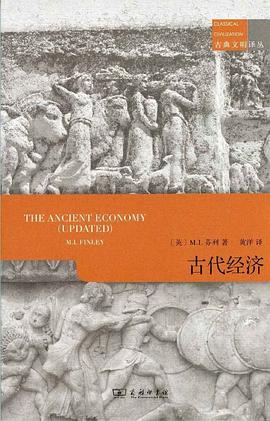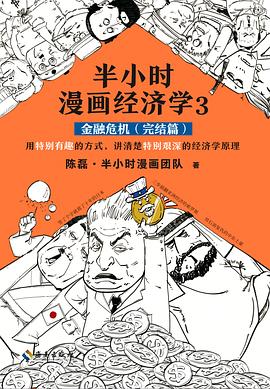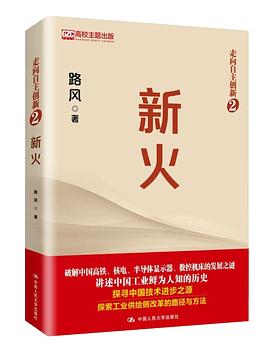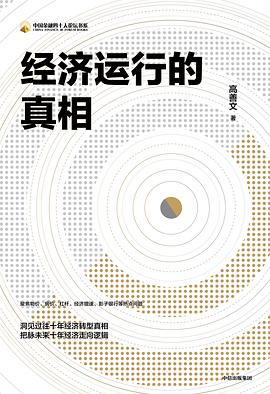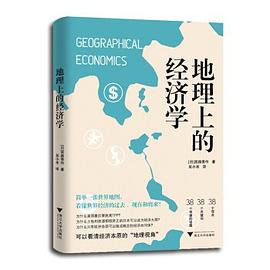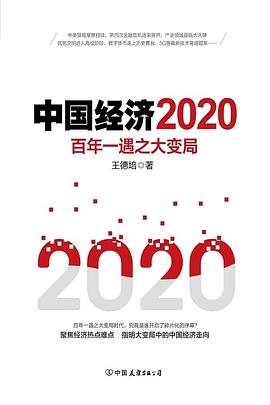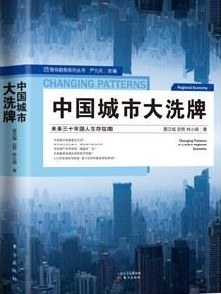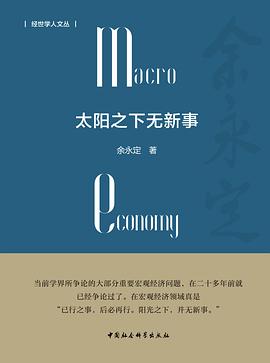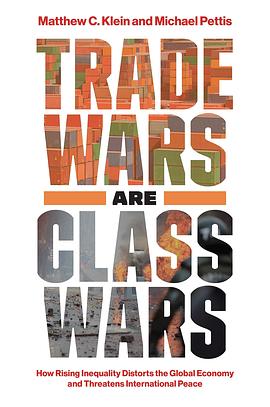

具體描述
Matthew C. Klein is the economics commentator at Barron’s. He lives in San Francisco, CA. Michael Pettis is professor of finance at Peking University’s Guanghua School of Management and a senior fellow at the Carnegie Endowment for International Peace. He lives in Beijing.
Trade disputes are usually understood as conflicts between countries with competing national interests, but as Matthew C. Klein and Michael Pettis show, they are often the unexpected result of domestic political choices to serve the interests of the rich at the expense of workers and ordinary retirees. Klein and Pettis trace the origins of today’s trade wars to decisions made by politicians and business leaders in China, Europe, and the United States over the past thirty years. Across the world, the rich have prospered while workers can no longer afford to buy what they produce, have lost their jobs, or have been forced into higher levels of debt. In this thought‑provoking challenge to mainstream views, the authors provide a cohesive narrative that shows how the class wars of rising inequality are a threat to the global economy and international peace—and what we can do about it.
用戶評價
##"Despite these moves toward liberalization, the end of the war failed to restore trade to its pre-1929, much less pre-1913, importance. In fact, crossborder flows of goods and services relative to global output would not return to the zenith reached in the 1870s until the 1970s." Shocked me.
評分 評分 評分##3.5星吧,一開始講國際貿易、資本流動、産業升級的邏輯和變遷部分言簡意賅很好,能夠提及一部分資本主義國傢內部的階級矛盾也很好,但核心問題是:1 政經不分傢,隻強調經濟邏輯不解釋背後的邏輯,無異於攻乎異端 2 世界範圍內的不平等一字不提,導緻企圖實現的平衡依然是基於不平等和剝削的而非進步的和共贏的 3 提齣的解決方案異想天開。可以說,講矛盾的同一性和鬥爭性不錯,但強調瞭矛盾的特殊性而沒有找到矛盾的普遍性,另外主要矛盾抓得不好,導緻對矛盾中的對抗理解不深刻,歸根結底是缺乏唯物辯證的世界觀。
評分 評分相關圖書
本站所有内容均为互联网搜索引擎提供的公开搜索信息,本站不存储任何数据与内容,任何内容与数据均与本站无关,如有需要请联系相关搜索引擎包括但不限于百度,google,bing,sogou 等
© 2025 book.tinynews.org All Rights Reserved. 静思书屋 版权所有


